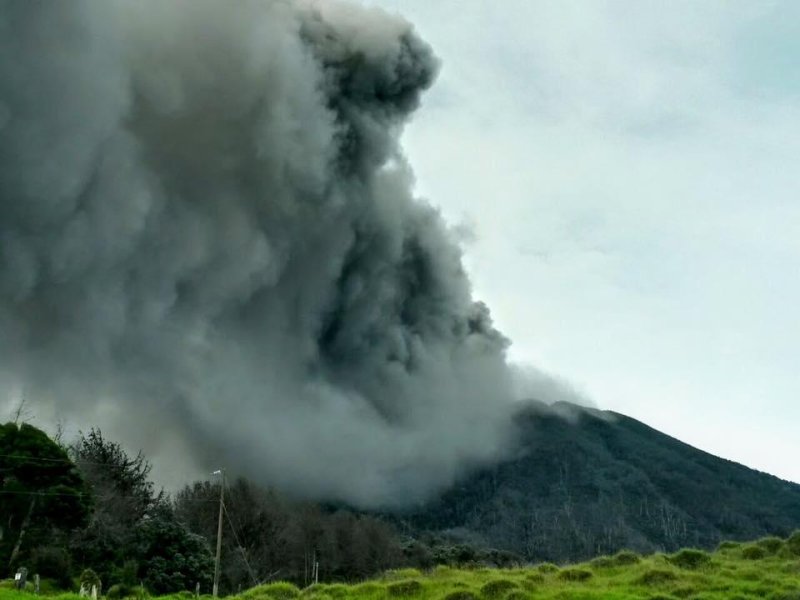SAN JOSE, Costa Rica, May 21 (UPI) -- A volcanic eruption in central Costa Rica spewed ash nearly 10,000 feet in the air, covering parts of the country's capital city.
Costa Rica's National Emergencies Commission shared photos and videos of the Turrialba volcano as it released massive plumes of ash.















